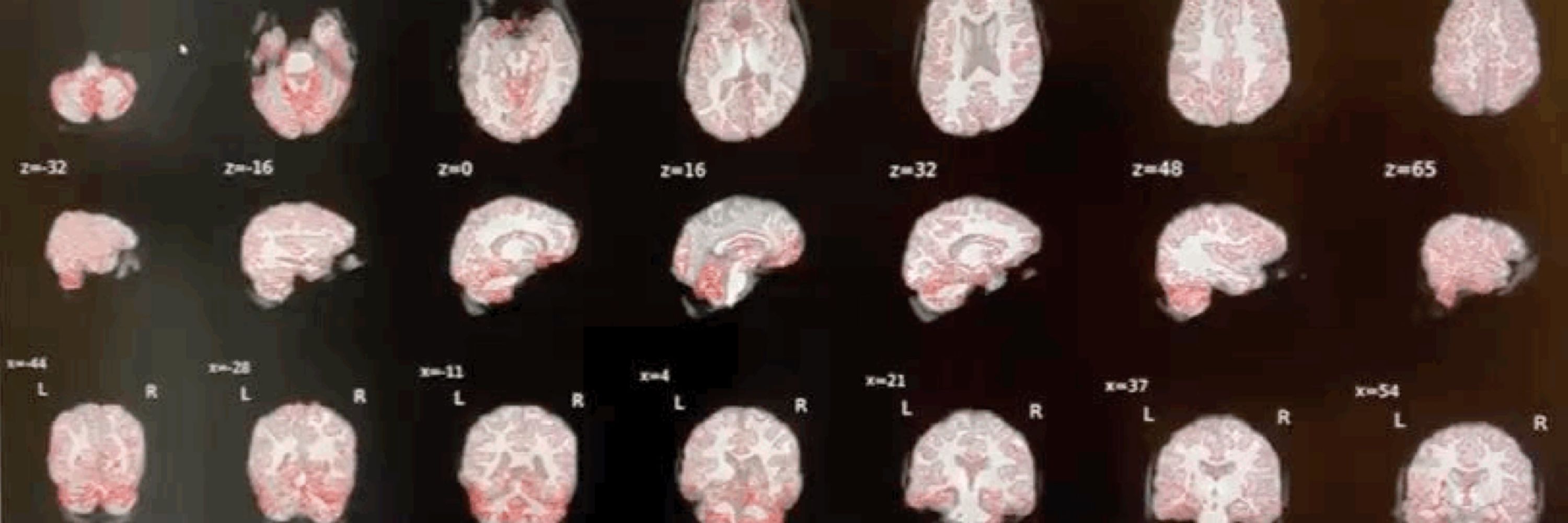
Full paper is openly available here: www.frontiersin.org/articles/10....
This post was co-created with ChatGPT-4o
Full paper is openly available here: www.frontiersin.org/articles/10....
This post was co-created with ChatGPT-4o


- Those with better gross motor skills tapped harder.
- Those with better fine motor control tapped with less force.
- Poorer inhibition (difficulty stopping oneself) was linked to more forceful taps.
- Those with better gross motor skills tapped harder.
- Those with better fine motor control tapped with less force.
- Poorer inhibition (difficulty stopping oneself) was linked to more forceful taps.

Could these traits explain tapping performance?

Could these traits explain tapping performance?



